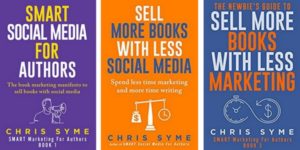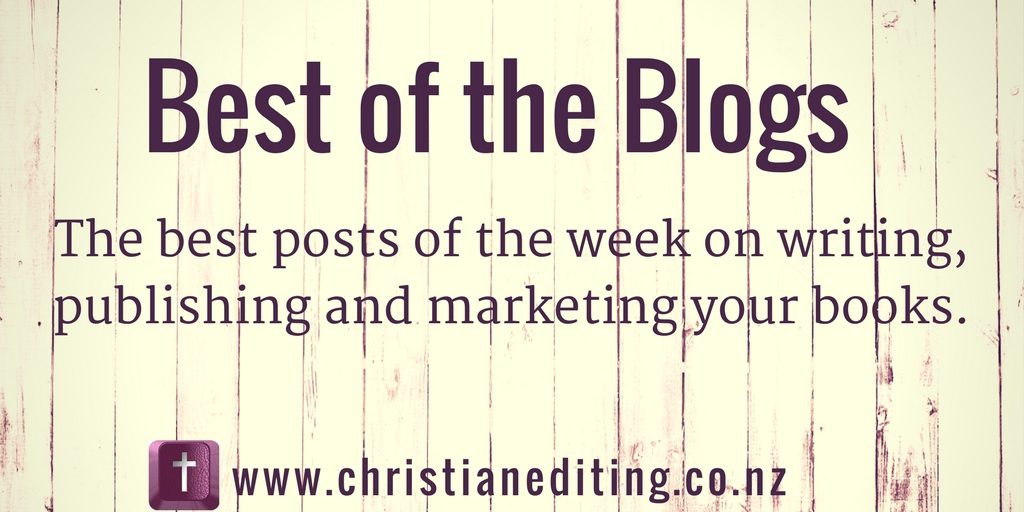Writing
#AuthorToolBoxBlogHop
This week was the monthly Author ToolBox Blog Hop hosted by Raimey Gallant. Over twenty writers shared their tips on writing, editing, publishing, and marketing. Erika Timar has helpfully compiled a listing of all the posts—and there are some good ones. I’ve included a couple of my favourites in this post.
LM Durand presents 35 ideas for marketing your book on Instagram.
Kristina Stanley shows how to open a scene.
ML Keller shows us when and how to transform telling into showing.
Song Lyrics
I’ve seen a lot of blog posts about whether authors can use song lyrics in their books (short answer: only if the song’s writer has been dead for over seventy years).
In Should I Use Song Lyrics in My Writing?, published at The Steve Laube Agency blog, Christian literary agent Tamela Hancock Murray suggests we’re asking the wrong question. We shouldn’t be asking “can we?”. Instead, ask “should we?”
Marketing
Marketing Must-Haves
Chris Syme shares a short post introducing her three marketing must-haves for newbie authors. At the risk of stealing her thunder, I’ll tell you what they are:
1. An author website with a URL that matches their author name (e.g. www.iolagoulton.com).
2. An email list.
3. A Facebook business page. No, your personal profile isn’t good enough (click here to find out the difference).
Chris goes into more detail about each of these in her marketing books, all of which I recommend:
SMART Social Media for Authors
Sell More Books with Less Social Media
Sell More Books with Less Marketing
Marketing Plan
Everyone tells us we need a marketing plan. There are even some internet templates to help you write one. Unfortunately, most are so long it looks like writing the book would be quicker.
In this short post, Joel Friedlander takes us through the five essential questions that need to be answered in a book marketing plan (actually, substitute “customers” for “readers”, and it will probably work in other industries).
Missing Lettr
Over the last two weeks, I’ve written posts explaining how I use the paid versions of Buffer and Social Jukebox to manage my social media sharing. There are other tools, such as Hootsuite and CoPromote.
Missing Lettr is another tool. It allows users to promote blog content over the next year. The free version allows users to share one campaign (i.e. blog post) a week, from one website to one social media profile.
Smart Bitches Trashy Books are sharing a limited-time promotion on Missing Lettr’s paid plans—6 months for the price of 1. The cheapest paid plan (Personal) is usually $15/month, and allows users to schedule four campaigns a week from up to two websites, to four social media profiles.
It’s a good deal, and I might be tempted if I wasn’t already using the Power Scheduler and Buffer’s Awesome plan ($10/month) to achieve the same result. Let me know if you sign up for Missing Lettr—I’d love to know how you find it.

